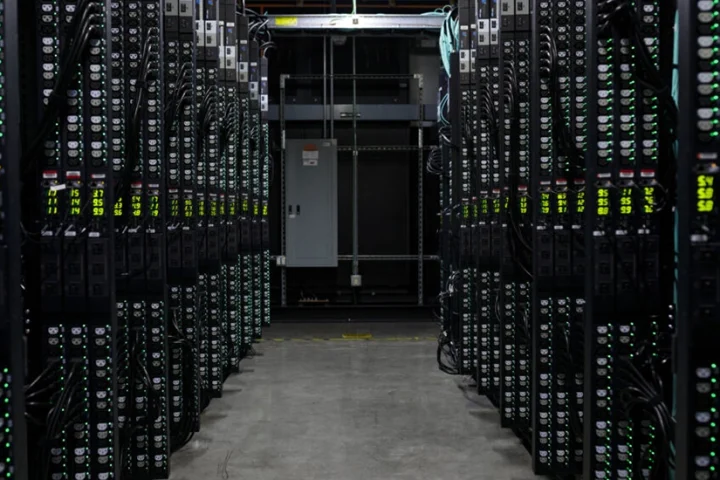Cryptocurrency scams have surged in 2024, with billions in inflows making them a major area of illicit activity. Chainalysis reports that 43% of this year’s scam funds have gone to newly active wallets, up from 29.9% in 2022, indicating a rise in new scams.
Also notable this year has been the marked decline in the average lifespan of scams. Between 2020 and 2024 YTD, the average number of days scams were active has significantly decreased, starting at 271 days for scams that began in 2020, and ending at 42 days so far for scams beginning in 2024. “Taken together, these two data points strongly suggest that scammers are pivoting away from elaborate Ponzi schemes that cast a wide net, to more targeted campaigns like romance scams or address poisonings,” said, Eric Jardine, Cybercrime Research Lead at Chainalysis.
Earlier this year, in its 2024 Crypto Crime Report, Chainalysis researchers estimated that based on average payment size, romance scams — also called pig butchering scams — have had the worst impact on victims, of all scam types. Also concerningly, the company’s data suggests that this type of scam activity has grown by 85x since 2020. From 2022 to 2024, just one such organisation, a popular fraud shop, received US$10.5million from scammers known to perpetrate romance scams. With this shop selling ‘seasoned’ social media profiles for anything between US$5 to US$20 per account, scammers could have purchased between 525K and 2.1M social media profiles they could then use to target victims.





















